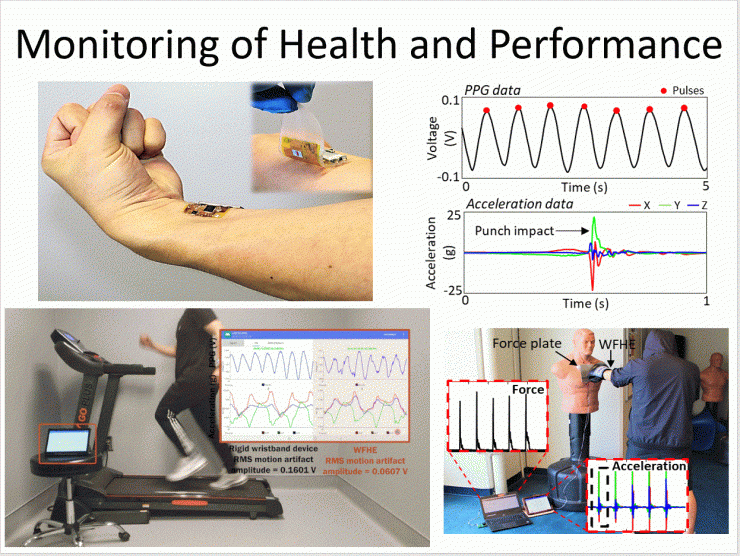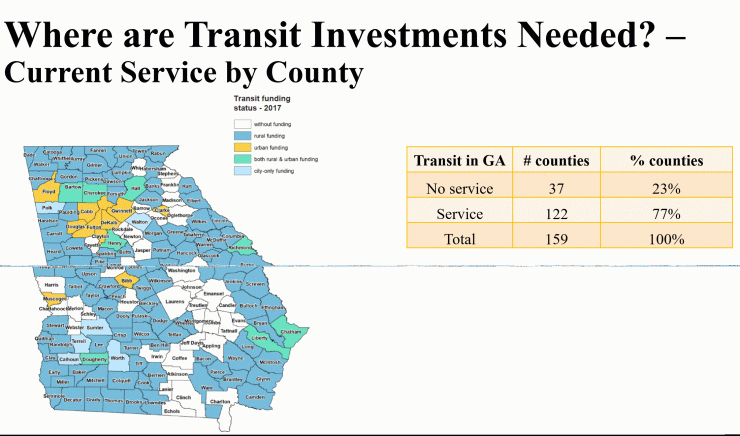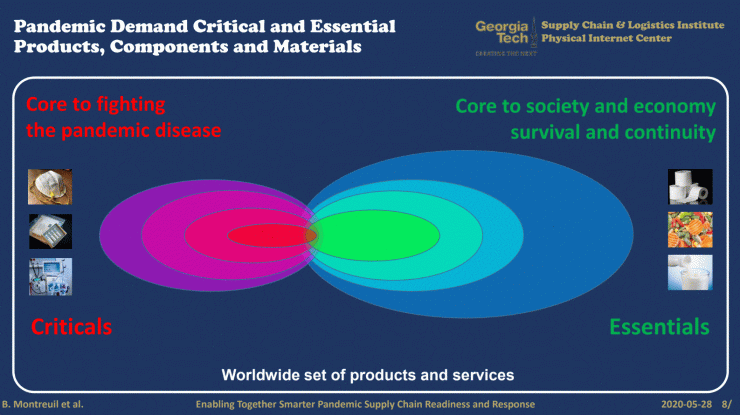#SMARTer Together Webinar Series - May Recap
Jun 11, 2020 — Atlanta, GA

In May, Georgia Tech’s Smart Cities and Inclusive Innovation Initiative launched the #SMARTer Together webinar series. Aiming to challenge us beyond the immediate crisis and onto a newer state to build strong community-research partnerships for good, this series focuses on complex, societal problems that communities all over GA and the rest of the world face. Our goal is to provide innovative research and create partnerships to empower all. The series adheres to GT’s Strategic Plan and Mission on “developing leaders who advance technology and improve the human condition.”
In our first webinar on May 7th, W. Hong Yeo discussed his work in the field of smart healthcare and nanoengineered human-machine electronics followed by an informative Q&A session led by moderator Cynthia Curry of the Metro Atlanta Chamber. Dr. Yeo provided a review of his research which is focused on understanding and developing new soft wearable materials that are ultra-thin and flexible unlike their more rigid counterparts and can be implanted with biosensors and bioelectronics with application possibilities for smart and connected first responders. His team envisions soft wearables as bio patches worn on the chest of first responders to monitor and measure their health such as stress, temperature, and oxygen levels.
On May 14th, Shatakshee Dhongde and Laurie Garrow, along with moderators Jarrod McCarthy and Paul Jarrell of the Georgia Regional Commission, discussed the importance of investing in rural transit in Georgia. They noted that Georgia has the sixth largest rural population in the United States of which a growing proportion is older and needs increasing transit service. Taking into consideration the current pandemic and the subsequent economic crisis, they focused their discussion on why investing in rural transit in Georgia is so important by providing current statistics on economic costs and benefits of existing transit services while highlighting the gaps in transit service which need to be addressed for the state to better serve Georgia’s rural population.
Our third webinar on May 21st focused on the post COVID19 expectations in economic development and real estate. Clifford Lipscomb along with moderator Daniela Perry of the Georgia Chamber of Commerce discussed how quickly the pandemic has impacted so many different markets and dramatically changed consumer behavior while also focusing on what we might expect in the areas of economic development and real estate once the pandemic is mitigated and activity returns to previous levels. Economic development implications that were discussed included delayed rehiring, increase internet bandwidth, and a large infrastructure bill. On the real estate side, some expected impacts include altered grocery store layouts, online schools, restaurant cloud kitchens, and altered office spaces. While acknowledging that we cannot predict consumer behavior, the Dr. Lipscomb noted that real estate and how we do economic development will change with businesses having operational changes as well.
Our final webinar for the month on May 28th was presented by Benoit Montreuil and moderated by Daniel Studdard of the Georgia Chapter of the American Planning Association. The discussion centered around the impactful interplay between supply chains and pandemics and the impact of collectively improving pandemic supply chain readiness and response in each of the five world states - healthy, outbreak, epidemics, pandemics, and recovery. The discussion focused on critical and essential supply chains to demonstrate the capital importance of supply chains in fighting and surviving a pandemic as revealed by the current COVID-19 crisis.
All webinars are currently available for viewing on our website Media Page.
A special thanks to our #SMARTer Together Sponsors:
Center for Spatial Planning Analytics and Visualization
Institute of Information Security and Privacy






